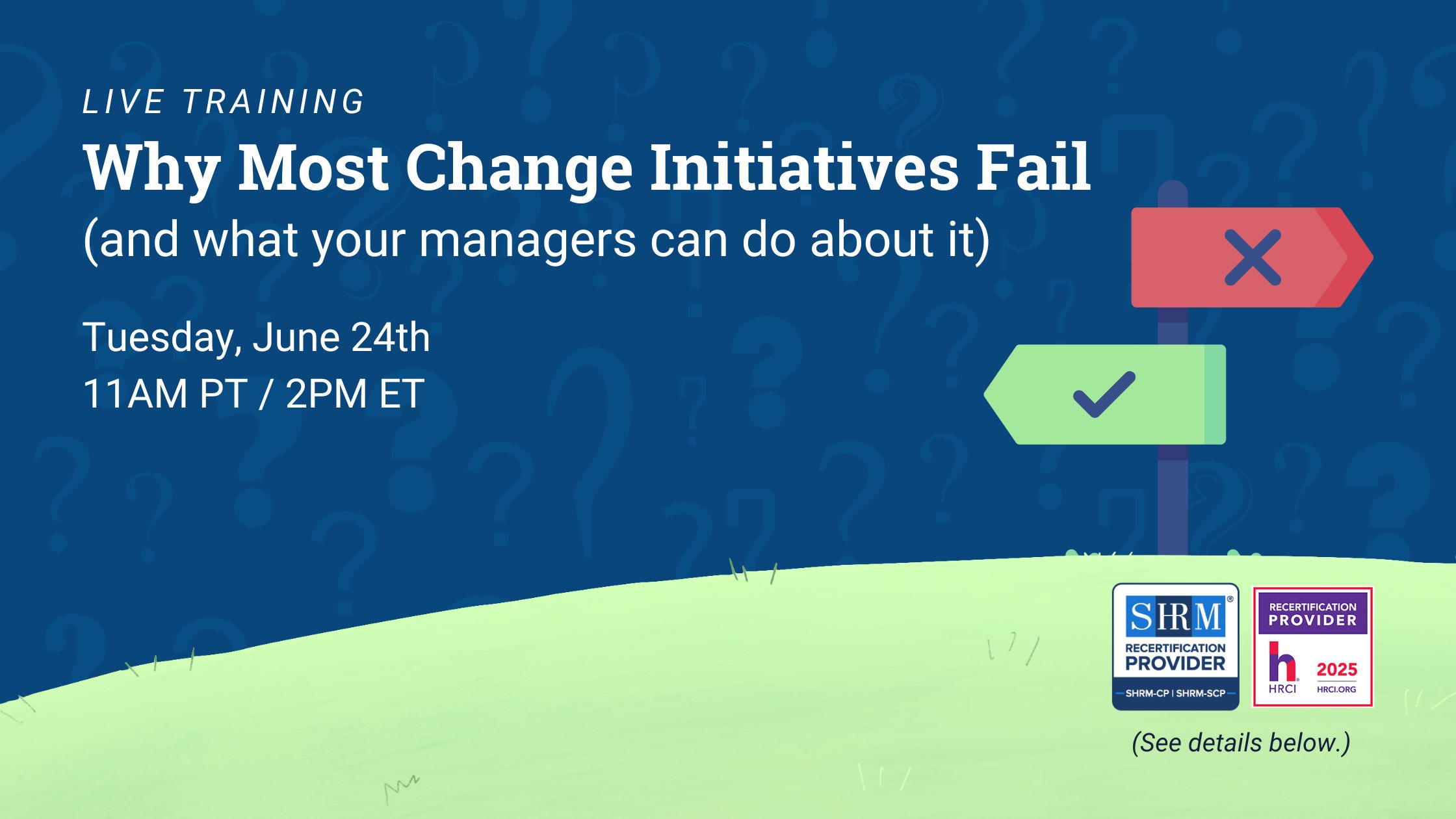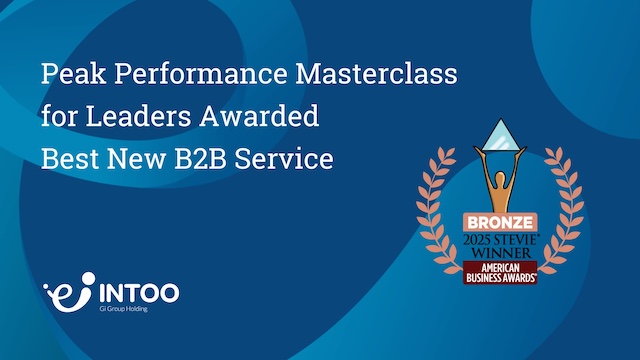AI coaching, specifically AI career coaching, is just one of many areas where technology is doing some of the work previously done by humans. While AI brings important and helpful advances in career development, there are some areas where a human touch is vital to the success of the professionals relying on such programs to find new employment, improve performance in their current roles, or set goals to achieve career growth. In this article, we look at both the benefits and limitations of AI in how it relates to career coaching.
How AI Benefits Career Coaching
A few of the primary benefits of AI are speed, efficiency, and scalability. When you need information quickly, AI can often provide it within seconds. It can be great at incorporating hints that the user provides to create, for example, a professional resume, cover letter, or conversation starter for networking. It can offer a job seeker industry- and role-specific questions that can be used to prepare for an interview. AI can even evaluate body language and make suggestions to help someone make the right first impression. Another area where AI coaching can be helpful is in assisting time-constrained managers with developing their direct reports by providing the employees with prompts for self-directed improvement and growth. Without enough time to devote to mentoring their direct reports, this AI coaching can offer guidance that can be helpful at times when given alongside traditional coaching by the managers or career experts.
However, there are limitations that AI career coaches have in meeting the needs of employees as a stand-alone support system.
AI for Career Development: Is it Enough?
Employees participating in outplacement and career development programs may be working through a range of feelings at various points in their journey: confusion, anxiety, stress, ambivalence, lack of confidence, worry, and more. While AI may be able to detect some of these emotions and provide a response, humans are far more adept at helping individuals sort through their feelings in order to get better results from their programs.
Here are a few areas where AI coaches don’t measure up to humans:
1. Emotional intelligence
Human career coaches possess a distinct advantage when it comes to emotional intelligence. They can perceive and understand the nuances of human emotions, motivations, and aspirations. Career decisions are often intertwined with personal aspirations, values, and ambitions. Human career coaches excel in establishing empathetic connections with individuals, helping them identify their unique strengths, interests, and goals. They can adapt their approach to accommodate individual differences, providing tailored advice and emotional support that resonates with the coachee.
Human coaches can also prompt employees to think about situations in a different way, opening their eyes to possibilities and solutions they may not have previously considered. Lastly, at stressful times such as those following a layoff or redeployment, individuals often need a caring individual to simply listen.
 2. Contextual understanding
2. Contextual understanding
One of the primary limitations of AI career coaches is their inability to comprehend the full context of an individual’s situation. While AI algorithms can process vast amounts of data and provide general advice based on patterns, they lack the ability to understand the intricacies of personal circumstances.
Human career coaches, on the other hand, have the capability to consider multiple factors such as personal experiences, cultural background, and socioeconomic conditions. Employees’ lives are also not static; their circumstances can change during their programs. A spouse could get a job in another city. The employee may suddenly need to care for a parent. Priorities and needs can shift. Having contextual understanding enables human coaches to offer highly personalized recommendations that align and change along with an individual’s specific situations.
Human coaches also bring with them their experiences working with other coachees. While AI also learns from other users, human career coaches can relay examples from others’ experiences, which can help employees to not feel alone or stigmatized when they are experiencing challenges.
3. Dynamic and adaptive guidance
The professional world is constantly evolving, with new industries, technologies, and job roles emerging regularly. As a result, career paths are becoming increasingly diverse and non-linear. Human career coaches possess the adaptability and flexibility required to guide individuals through these dynamic career landscapes. They can stay updated with the latest industry trends, job market dynamics, and changing employer expectations. Human coaches are better equipped to guide individuals through transitions, career changes, and unexpected challenges, providing real-time advice and assistance. The experience that individual career coaches bring with them, based on what has and hasn’t worked for prior coachees, benefits them in tailoring their guidance for other employees. On the other hand, if program participants don’t give specific feedback to their AI coach about the value of each recommendation, the AI cannot learn and adjust as needed.
 4. Networking and connections
4. Networking and connections
Building and leveraging professional networks is crucial for career growth and opportunities. Human career coaches have extensive networks and connections within various industries, organizations, and communities. These connections can prove invaluable when it comes to identifying job openings, making introductions, and accessing hidden opportunities. Additionally, human coaches can offer practical insights, share personal experiences, and provide recommendations based on their firsthand knowledge of different work environments. Such guidance is invaluable and often unavailable from AI career coaching.
5. Long-term relationship building
According to this 2020 psychological study, “Individuals with more career social support are likely to improve their career adaptability….” Career adaptability helps individuals adjust to changes in their job status, with new tasks, to anticipate needs and prepare, and to be more confident in their careers overall. A significant advantage of human career coaches lies in their ability to offer their clients this much-needed career social support, whether for the duration of an outplacement program, the length of a company’s career development or professional development program, or beyond. They invest time in understanding their clients’ goals, aspirations, and progress, along with the external forces influencing their decisions, offering continuous support and guidance. Human coaches act as mentors, advocates, and confidants, providing a safe space for individuals to share their concerns, celebrate their achievements, and seek guidance when faced with difficult decisions. The trust and rapport developed in this relationship foster personal growth, motivation, and resilience.
AI Coaching: Benefits and Limitations
Organizations and employees can benefit from AI career coaches’ scalability and responsiveness to both basic and focused questions. But by relying solely on them, they overlook the depth and richness of human interaction from live coaches that can create an environment that leads to faster learning and achievement. Human career coaches offer emotional intelligence, contextual understanding, dynamic guidance, networking connections, and long-term relationship building that are essential for holistic career development. In an era where technology continues to advance, we must remember that the human touch is irreplaceable when it comes to supporting individuals in their career journeys. INTOO helps employers of all sizes with cost-effective solutions for every stage of the employee lifecycle, including candidate experience, career development, and outplacement services. Contact us to learn how we can make a difference for you and your employees.
Robyn Kern is a seasoned business writer who has written in the HR, education, technology, and nonprofit spaces. She writes about topics including outplacement, layoffs, career development, internal mobility, candidate experience, succession planning, talent acquisition, and more, with the goal of surfacing workforce trends and educating the HR community on these key topics. Her work has been featured on hrforhr.org and trainingindustry.com.


 2. Contextual understanding
2. Contextual understanding 4. Networking and connections
4. Networking and connections








